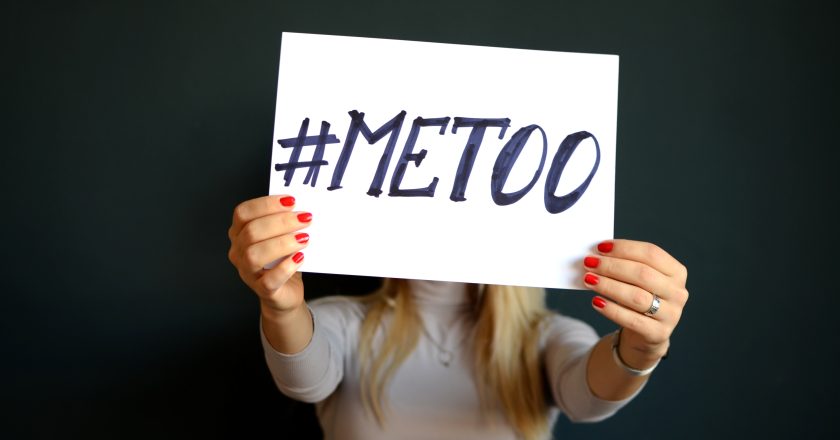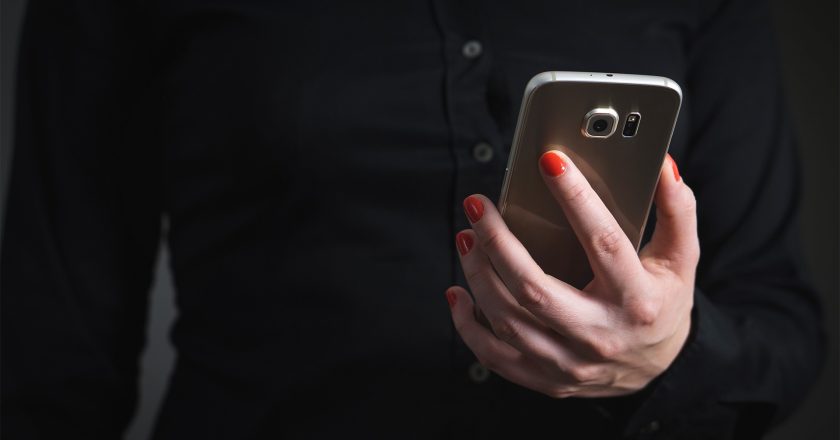The Psychology of Sexual Assault
A year after the #MeToo movement the question, ‘Why do people sexually harass people?’ is still ever present and just as complex as when the stories first hit. The movement shed light on sexual harassment in Hollywood – a realm that was formerly perhaps less of a consideration when examining sexual harassment by virtue of being overshadowed by celebrity culture and the ‘open secret’ dimension - and thus provided insight into the abuse of positions of power to coerce sexual relations. As the movement demonstrated, the power dimension of sexual harassment is by no means as unidimensional as it may seem.
The relationship between power and sexual harassment is multi-facetted: lack or absence of power can lead to individuals being sexually aggressive, as can being in a position of power or do...


